During his trip to Nigeria in June, ChildVoice CEO Nathan Mandsager took the opportunity to sit down with our Nigeria County Co-Directors Rebecca Malgwi and David Jomusu to talk about their work and the importance of engaging students in community service. The theme of giving back to their communities figured heavily in the conversation. Below is the full transcript of the interview.
David: My name is David Jomusu, one of the co-country heads here in Nigeria. For me, community service. . . After the introduction of community service, I believe community service has [been] making communities try to work with us, ChildVoice, with their children in the community. And the beneficiaries we are working with are able to understand that we are sort of always teaching them that at the end of our activities with them, maybe after graduation, it is expected of them to give back to the community, by teaching them whatsoever they have learned in our normal activities well during their work with us with us in our programs.
Becky: Hi, I'm Rebecca. I'm also his co-leader, one of the country heads in Nigeria. To add to what he has said, I think community service is a way of teaching our girls and boys selflessness, you know, to be able to help others in need, and to be able to think about others apart from yourself.
So it's another way for them also to be able to, wherever they might find themselves, to be able to help people in the community. And also it's another way of making the community to accept ChildVoice and our work. Because like for example, I remember when ChildVoice Nigeria donated a wheelchair to Sali. For years he has been in that environment and nobody ever thought of donating a wheelchair to this boy. But when we brought it in, his tutors we were really, really touched. And we did it in front of the community. The vigilantes, too, were there. They were there when we donated that wheelchair.
So another way is really to teach them to always have the heart of empathy and giving back to the community where they find themselves in, whether it's by the nature of the work, maybe they grow up, they work, or they get married and live in Malkohi community or wherever -- Labondo, Mubi -- wherever we're having our program. But they should know that it is okay for them to help someone in the community just as ChildVoice has helped them, you know, has taught them how to do different things in order to help the whole community. So that it also my take.
CV: David, do you have an example of community service in Mubi where beneficiaries really -- you saw that they learned something through the project?
David: Yeah, looking at the community service we had with them, during one of the community services we were able to go to the market and we served the environment of the market. And presently, I can see it after [putting] our girls in tailoring apprenticeship, and we were able to secure a workshop in the same market where we had the community service. You could see them during the normal opening of shops, you could see them sweeping the surroundings of the market, because during our community service we were able to make them understand that whenever you find yourself maybe in a shop, if your other person isn't around you could be able to be able to tell the other person to sweep the surroundings. And it's really helping.
CV: Are any other organizations doing community service alongside their beneficiaries?
David: Let me say no, because I've not seen it yet, in where I work. I don't know [about] other places, but where I work presently, no.
Becky: ChildVoice is the only organization that works with the beneficiaries in community service program in Malkohi, and in Mubi too. We've never seen any organization mobilizing girls. That's why when you enter the community even if an old man doesn't remember a name, he remembers those people that come in to sweep their community.
CV: Would you say community service is a key part in our goal of empowering beneficiaries?
Becky: Truly, yes.
David: Yes.
